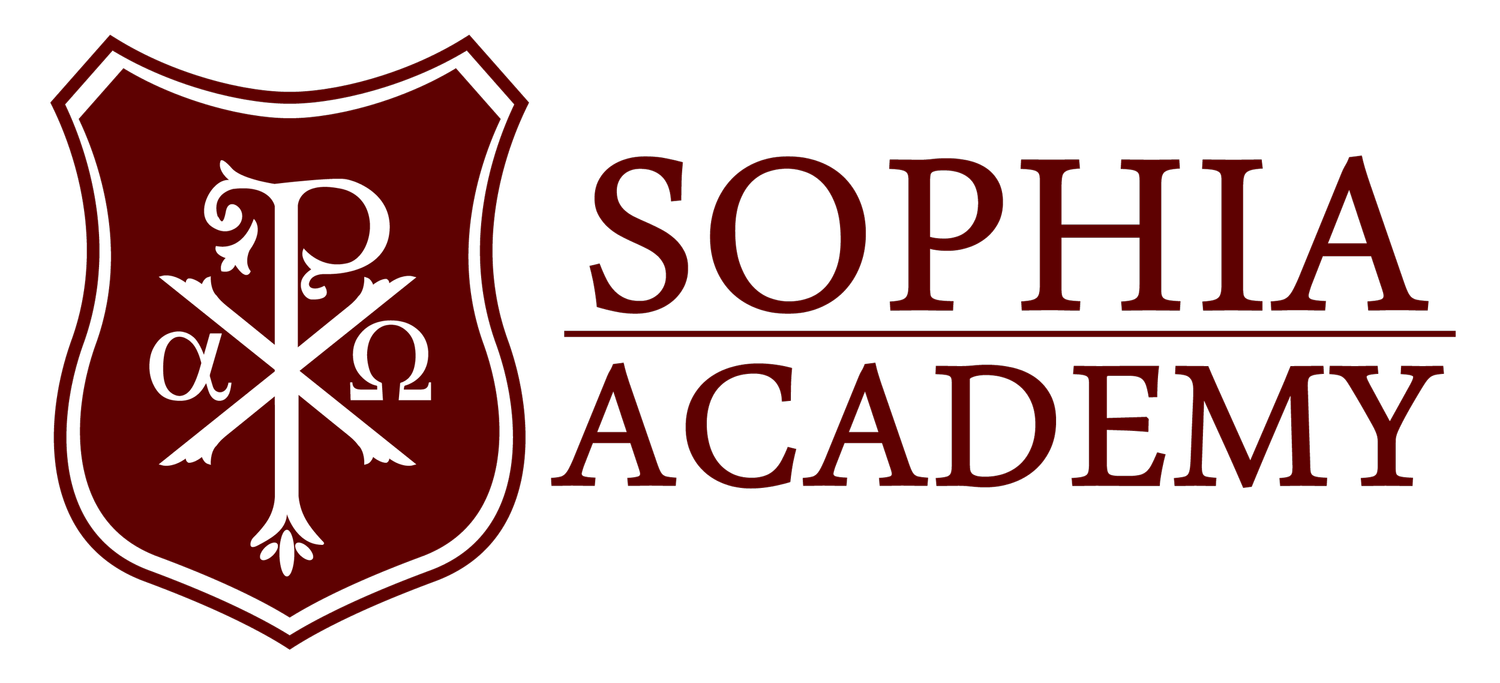“Education is simply the soul of a society as it passes from one generation to another.”
Classical Philosophy
All education is guided by a philosophy of humanity. A body of thought needs legs, and legs have ideas that move them. A classical philosophy of education, which embraces a holistic vision of being human, directs pedagogical methods that form the mind, soul, and body. This is a high view of education that seeks to create a culture through which students are formed towards specific goals. In other words, this is education through enculturation.
Education as enculturation is a process by which students are formed through practices, habits, and content that embody truth, goodness, and beauty. A distinctly Christian education as enculturation sees these transcendental realities being perfectly fulfilled in the person of Jesus Christ. Thus, on an individual level, maturing into the wisdom and likeness of Christ is the ultimate goal of education, while passing this wisdom and knowledge from one proceeding generation to the next is the corporate goal.
The ancient Christian tradition upholds this possibility because God baked it into humanity. The entire educational process contributes to the formation of every student into the profound meaning and purpose of the image of God. In this view, teachers are not merely a means of transferring knowledge, and students are not merely receptacle bins for information. Rather, teachers are the primary imitators for students, a living curriculum of wisdom and truth. And students, while having young brains that soak up information, are hungry for much more.
Students are truly full of God-given potential—not wired simply for academic success, but for true glory. Thus, a teacher's job is to see them as such and free them to pursue knowledge, wisdom, and virtue. Virtue is key to this pursuit. Man, beset with the struggle of sin, will not be truly liberated until he has gained the virtues that enable him to pursue true freedom. Freedom from his or her own powerful passions; freedom from the manipulative forces in the world. This is at the heart of the classical vision of the Liberal Arts—to free oneself to think and act in accordance with that which is true, good, and beautiful. As Saint Agustine said, “a good man, though a slave, is free; but a wicked man, though a king, is a slave. For he serves, not one man alone, but what is worse, as many masters as he has vices.”
Based upon these governing assumptions, classical pedagogy focuses on academics and character formation, a method that trains the heart as much as the mind. Virtue formation must be intricately woven throughout the academic process. Thus, a school must seek to establish a culture full of norms and practices that help train virtuous habits. Habit training is at the heart of the ancient concept of paideia and arete, which include the central classical virtues–prudence, fortitude, justice, temperance–and other virtues–composure, initiative, humility, love, etc. In the end, a school’s culture teaches as much as their curriculum.

